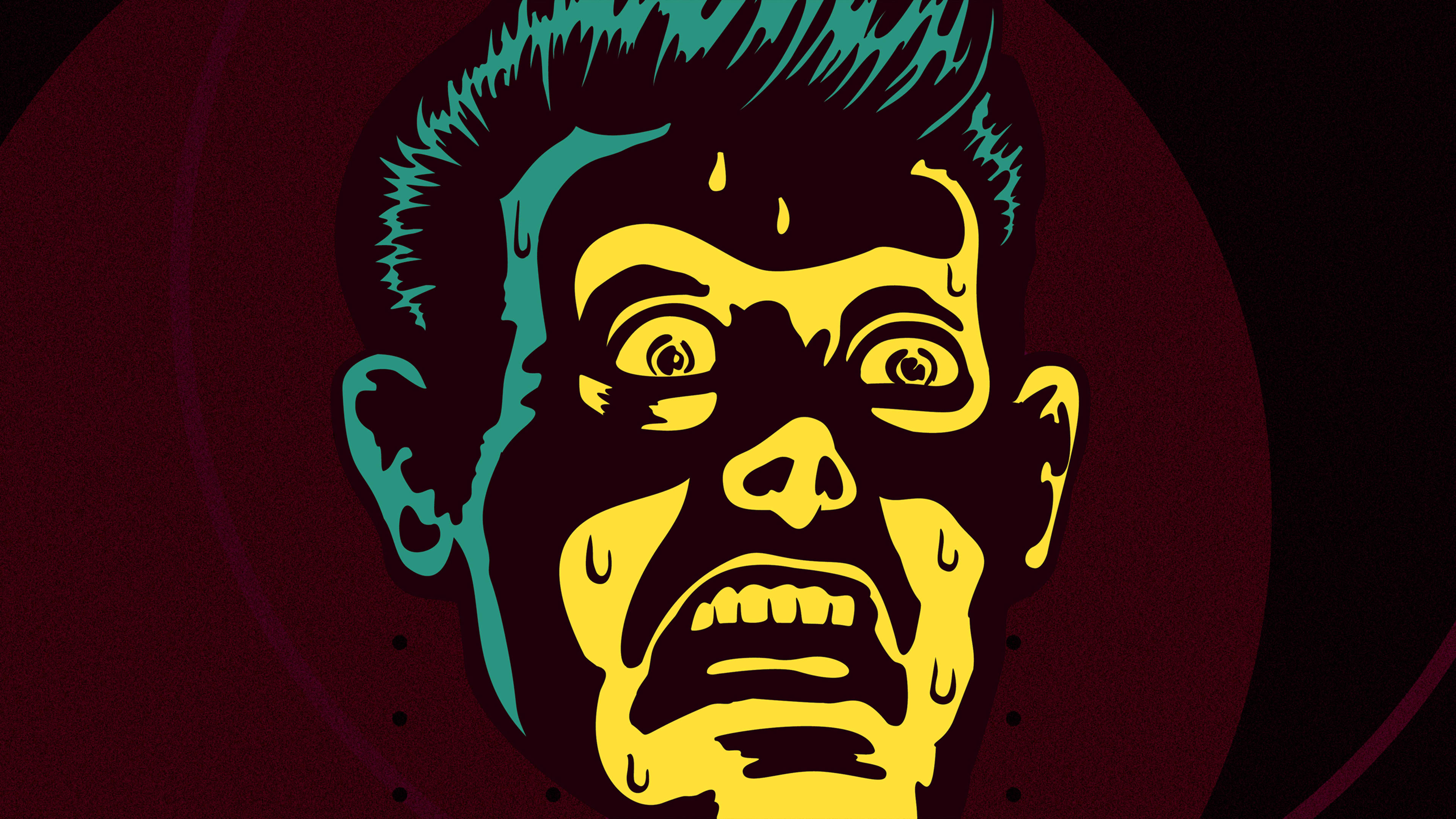Within the next six months, about 40% of U.S. marketers plan to fire their advertising agency. The source: a November 2022 survey by the agency-brand matchmaker SetUp, which talked to such brands as Coca-Cola, Delta Air Lines, Warner Bros., UPS, Discovery, and Home Depot, to name a few.
Perhaps just as troubling is the disconnect between what marketers and agencies see as its cause. Agencies cite cuts in brand budgets and marketing leadership changes as the top two reasons for their future firing. Brands themselves say that the top reason they will fire an agency this year is a lack of strategic approach; budget cuts lag down their list at number eight.
As 2023 gets underway, both sides have some sense that they may be right as a new round of layoffs, including at hot ad shops 72andSunny and Anomaly, as well as brands as wide-ranging as Amazon, Salesforce, Pepsi, DoorDash, and Disney, signals that everything could be in flux.
To figure out how to thrive amid this uncertainty, I reached out to Paul Venables. He founded his San Francisco-based independent agency Venables Bell & Partners amid the 2001 recession, and navigated the 2008 downturn when his client roster was heavy with automotive and financial services clients. If anyone is pretty comfortable with the discomfort of unpredictable economic times, it’s Venables. As he says, “This agency was born as a Depression-era Granny who knows the value of a dollar.”

Venables Bell & Partners certainly had a mixed 2022, stepping away from Audi after 15 years of high-profile, award-winning work, but then continuing to produce effective creative for Chipotle and signing up Volkswagen’s new electric truck brand Scout Motors.
I also wanted to talk to him as a proprietor and unofficial senior dean of American indie agencies, at a time when companies like Accenture Song and WPP are further consolidating acquired agencies. What does 2023 hold for the independent creative agency? And for the industry at large?
The agency founder says that coming out of the pandemic he expected 2022 to be a boom year. The reality was a bit different. “It’s been a slog,” says Venables. “We won some business and big pitches that didn’t quite come through with the kind of revenue or programs we had thought, and it put a bit of a damper on the year. So for 2022, we were really in slugging-it-out mode. The water is as murky as ever and it isn’t getting any clearer.”
Agencies and marketers, Venables says, will (or should) be eschewing trend-chasing for focusing on IRL business objectives. “Stocks are swirling, we have war, we have inflation, we have interest rate games, we have supply-chain issues still lingering, and then the word recession alone causes knee-buckling and night sweats for marketers,” he says. “The advertising industry itself right now is confused. Agencies traditionally have always readily distracted themselves by chasing shiny objects rather than solving business problems. How many times have we heard about an NFT division being started by some agency? How’s that going to fare in a recession? I don’t mean to pick on them, and agencies should be looking at and embracing new technologies, but it should all be in service to the clients and building their business, not for some PR hit for themselves.”
Beyond the night sweats, a recession puts marketers in fight-or-flight, reptile brain mode. Venables says flight represents budget cuts, creative hibernation, and barely keeping the lights on in terms of marketing spend. A bunker mentality. On the fight side, it can be a good time to swing for some home runs and overdeliver.
“To be honest, I’ve found it’s a healthy combo,” says Venables. “Even in a recession when all budgets are reduced, it’s good to have some level of an efficiency play, and some level of shooting for the brand connection and affinity stars. It’s about winning people over, and making that effort. What I’ve heard back over the years from clients is that when they add some level of that brand work, going for loyalty and affinity, it lifts their performance marketing considerably. So maybe the dials are reduced in a downturn, which is understandable, but still keeping both things in play and not rushing to cut these brand and efficiency plays, is important for clients.”
Over the past year and a half, streamers like Disney+, Netflix, and HBO Max have rolled out ad-supported tiers. Venables calls these new platforms for client work a beautiful tool for segmentation. “But it does mean you need to really sharpen your strategic approach and know exactly who you’re going for, not just ‘people who like drama.'” he says. “That puts the onus on creative to craft a message that is specific and relevant to that audience. That’s a great challenge.”
As an independent in an industry dominated by holding company heavyweights, Venables still sees an advantage but has adjusted his agency’s approach in how it competes. “One issue between holding companies and independents like us is that clients are having perhaps less of an appetite for what you might consider the layer cake of job titles on a project,” he says.
This is where the account is won by senior, marquee-name talent, but the actual work gets pushed down to more junior staff levels, as holding companies manage salary-to-revenue ratio so tightly that they need lower-level staff to account for more of the hours and solve more of the problems. “And that level doesn’t have the experience in dealing in difficult times,” says Venables. “I think that’s something that impacts the two sizes and styles of servicing clients pretty dramatically.”
To increase his own agency’s competitiveness on that front, over the past couple of years Venables has shifted his hiring and recruitment to more senior talent. “We haven’t always been that way. We didn’t quite have the layer cake, but I used to love calling us a teaching hospital and really working to grow talent,” he says. “We still do that where we can, but we do focus more on senior talent because of the increase in project work, clients want high-quality thinking. Another thing about the layer cake, and the big ton of staff approach, it takes six months to solve a problem because it has to go through all of those levels. Clients now want a senior SWAT team that will solve it quickly, then move on to the next headache. That’s serving us well for that reason. High-level work, done quickly.”
Recognize your company's culture of innovation by applying to this year's Best Workplaces for Innovators Awards before the extended deadline, April 12.
